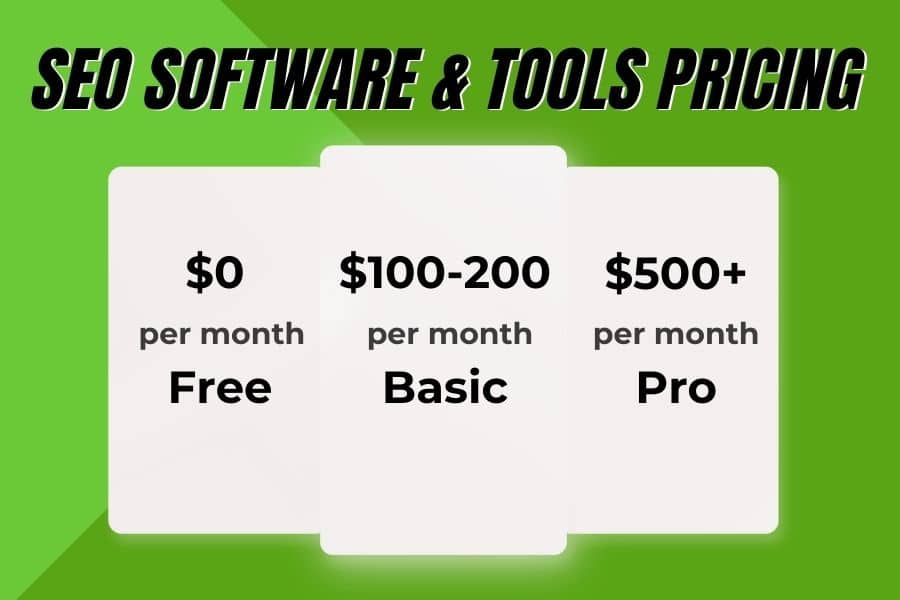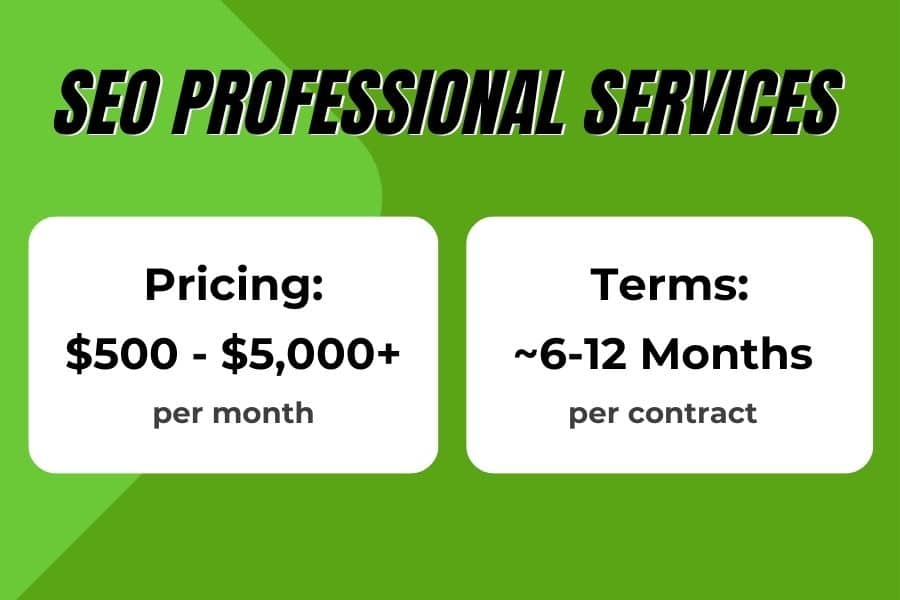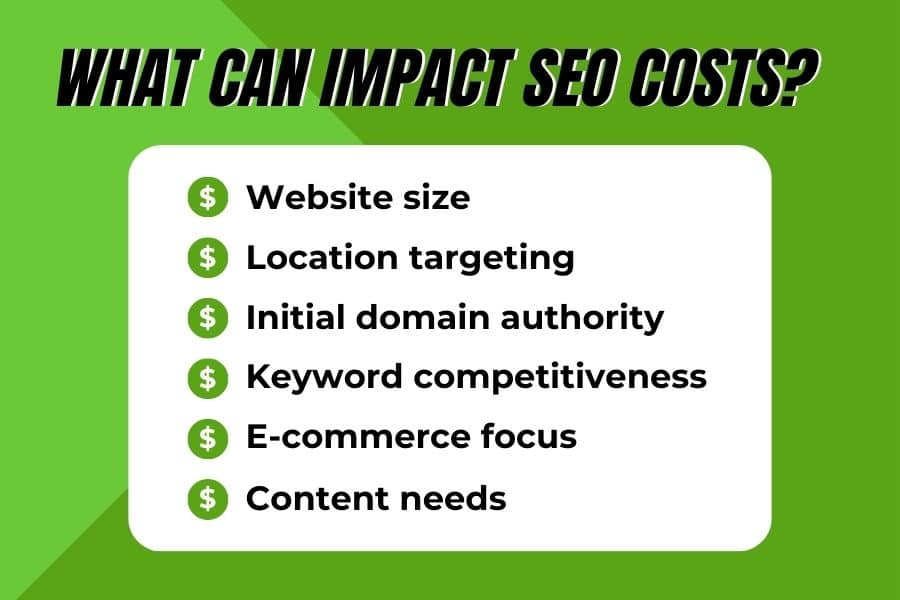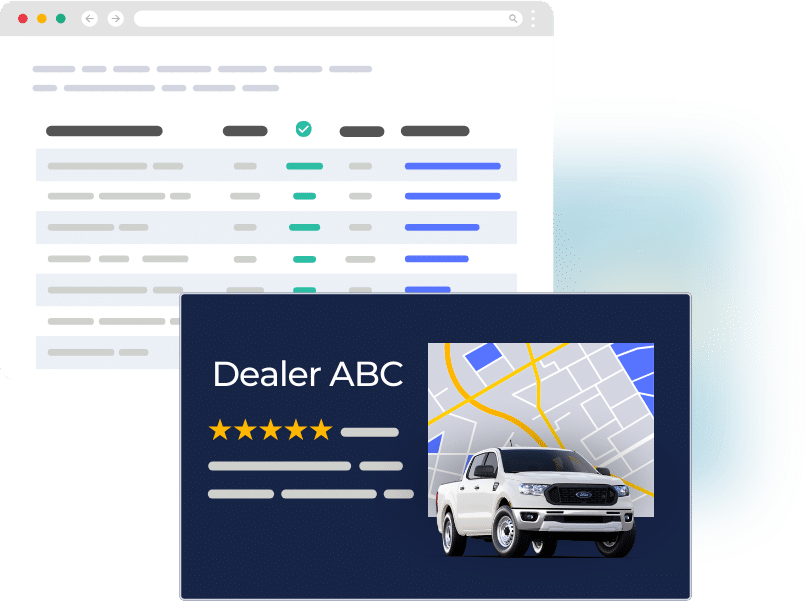How Much Does Automotive SEO Cost?
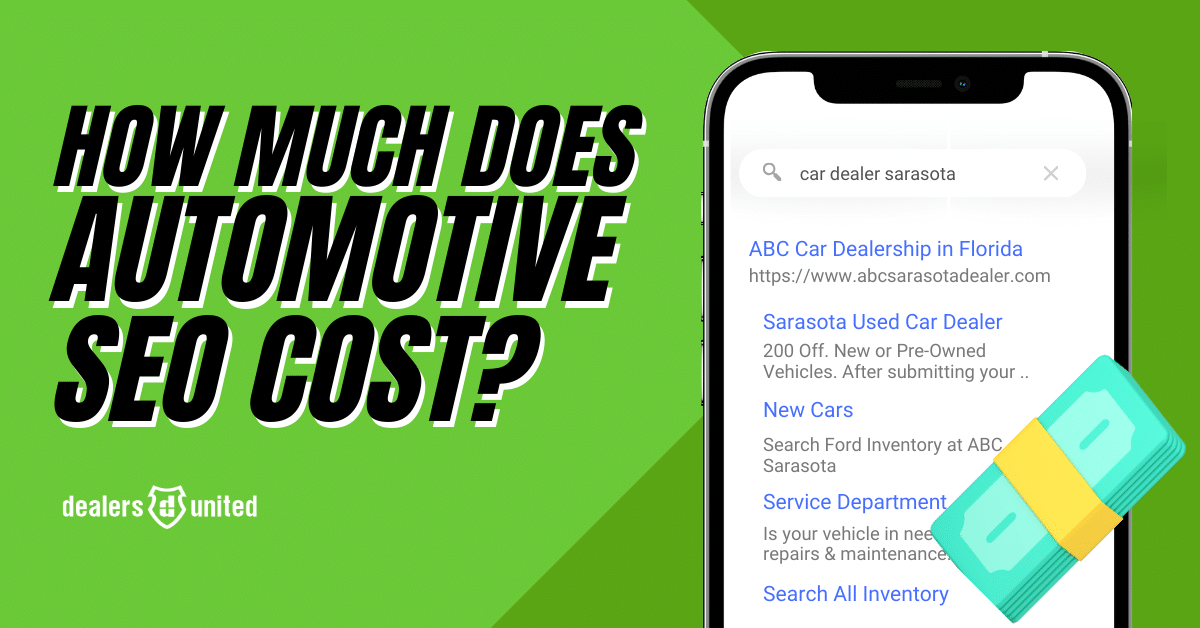
Search engine optimization (SEO) is crucial for businesses who want their website to rank higher in search engines like Google. But investing in SEO can seem daunting, especially when it comes to costs. So how much does it actually cost to do SEO for your website? Here’s a breakdown of the common SEO costs dealerships should expect…
Automotive SEO Software and Tools
One of the first automotive SEO costs to consider is software and tools. Many companies offer subscriptions to SEO software that provides useful data and insights to improve your site. These tools can analyze site performance, track keywords, monitor rankings, and more. Prices vary widely, but basic plans often start around $100-200 per month while more comprehensive tools can cost over $500+ a month. Free SEO tools also exist, but they provide more limited functionality.
SEO Professional Services
Hiring an SEO expert or agency is another route that tends to cost more but can yield great results. On average most companies invest anywhere from $500 to as much as $5,000+ per month for professional SEO services. However, the cost largely depends on the size of your website and how optimized it already is for organic search. Sites that require extensive technical work or content creation have much higher monthly costs.
SEO agency contracts often last 6-12 months or longer, so expect higher overall investment for long-term optimization – but the payoff of higher rankings is typically worthwhile. Make sure to get detailed monthly reports on the SEO tactics being used and progress being made.
Things that Impact SEO Costs
Many factors influence how much a business will need to spend on search engine optimization. Website size, competitiveness of keywords, current traffic levels, whether e-commerce or informational in nature all impact costs. A relatively small business website just looking for local leads can likely optimize for far less than a large national e-commerce store going after high-traffic sales keywords.Here are some key considerations:
- Website size – Number of pages to optimize
- Location targeting – Local, national or global regions
- Initial domain authority – Existing traffic and rankings
- Keyword competitiveness – How hard keywords will be to rank for
- E-commerce focus – Products and transactions involved
- Content needs – Technical writing or extensive copy required
Maintaining SEO After Initial Optimization
Something important to remember with SEO costs is that it’s not just a one-time fee. Maintenance is required over the long-run to keep your rankings and organic growth steady. After the initial optimization push, costs are lowered but budgets still need to be allocated for things like:
- New content creation and optimization
- Additional link building outreach
- Monitoring for algorithm updates
- Fixing technical problems like site speed
- Building additional local citations
- Expanding to new keywords over time
Plan for roughly 25-50% of the initial SEO investment per year for upkeep. Guarding your SEO success is critical for long-term organic visibility. Let established initiatives lag too much and rivals will overtake your position.
Is SEO Worth the Cost and Effort?
At the end of the day, you can likely achieve at least some basic SEO success with free tools and education for a small site. But for most businesses who want to maximize traffic and sales from search engines, hiring SEO expertise, like Dealers United, and investing real budget yields the best return on investment.
Just a “page one” ranking for a competitive keyword can drive thousands of qualified visitors per month – turning into new leads and paying customers. Compared to other channels like paid ads that stop working as soon as budgets are reduced, SEO delivers long-term organic growth opportunities that build over months and years.
While achieving high search engine rankings takes strategic planning and initial financial resources, the long-lasting payoff usually makes SEO costs very worthwhile. Approach SEO budgets accurately for your specific business goals and focus on the tactics that get results.

